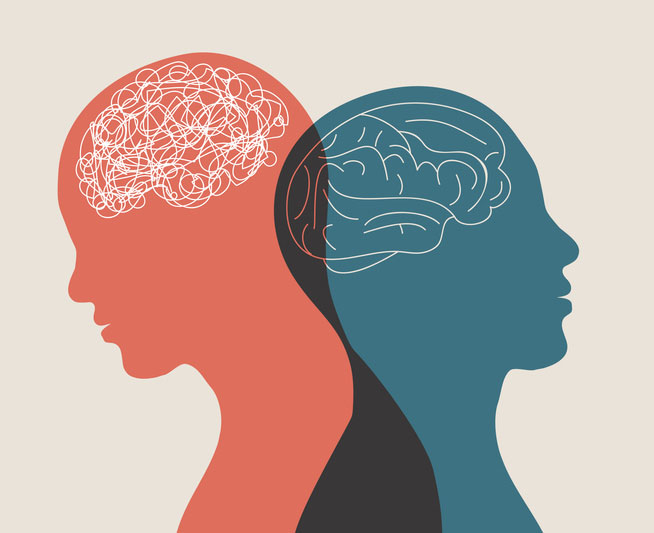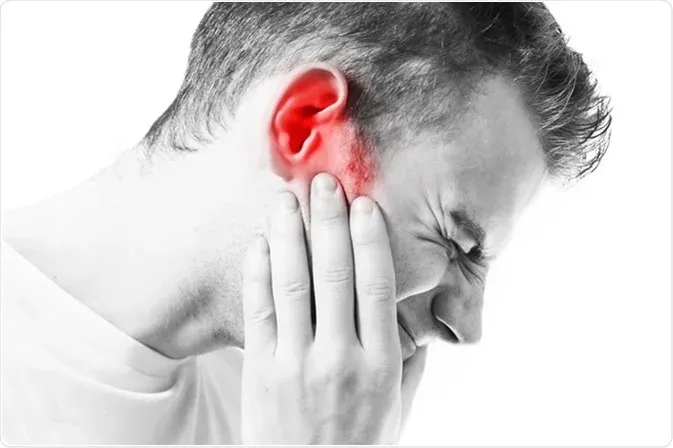Tinnitus and hearing loss afflict millions worldwide, posing challenges to daily life such as impaired communication, social withdrawal, anxiety, depression, and cognitive decline. This exploration delves into the causes and symptoms of these conditions, offering insights into alleviating the vexing ringing or buzzing in the ears and restoring auditory acuity. Practical tips and guidance for preventing or managing tinnitus and hearing loss are also provided.
Unveiling the Causes and Signs

Tinnitus and hearing loss can stem from various factors, some interconnected and others distinct:
1. Age-Related Hearing Loss:
- Scenario: Gradual deterioration and death of tiny inner ear hair cells with age.
- Outcome: Hearing loss and tinnitus, particularly in the high-frequency range.
2. Noise-Induced Hearing Loss:
- Scenario: Exposure to loud noises like music, machinery, firearms, or explosions damaging inner ear hair cells.
- Outcome: Permanent hearing loss and persistent tinnitus, severity increasing with noise level and duration.
3. Ear Infections or Earwax Buildup:
- Scenario: Infections or blockages causing fluid accumulation, inflammation, pressure, and pain in the ear.
- Outcome: Impaired hearing and tinnitus, often resolved by treating the infection or removing blockages.
4. Medication-Rlead
- Scenario: Some medications, such as aspirin, antibiotics, diuretics, or chemotherapy drugs, lead to hearing-related side effects.
- Outcome: Typically temporary and reversible, subsiding upon medication cessation or dose reduction.
5. Other Health Conditions:
- Scenario: Conditions affecting blood vessels, nerves, or the brain contributing to or exacerbating tinnitus and hearing loss.
- Outcome: Varied symptoms, including ringing, muffled sounds, and distorted auditory perception.
Deciphering the Symphony of Symptoms

Symptoms vary based on the condition type, severity, and causative factors:
- Auditory Concerto: Ringing, buzzing, hissing, humming, clicking, or pulsing sounds in one or both ears.
- Speech Clarity Challenge: Difficulty hearing sounds clearly or understanding speech.
- Distorted Harmony: Muffled or distorted sounds.
- Sound Source Hunt: Trouble locating the source of sounds.
- Volume Adjustment: Needing to increase TV or radio volume.
- Social Retreat: Avoidance of social situations or conversations due to hearing difficulties.
- Emotional Resonance: Feelings of stress, frustration, anxiety, depression, or hopelessness linked to tinnitus or hearing loss.
Navigating the Ringing and Restoring Auditory Harmony
For those grappling with disruptive tinnitus or hearing loss, seeking professional assistance is crucial. Depending on the condition's cause and type, various options may be recommended:
1. Addressing Underlying Conditions:
- Professional Guidance: Consultation with a doctor for accurate diagnosis and tailored treatment.
- Targeted Approaches: Medication, surgery, or other procedures to address underlying issues.
2. Harnessing Hearing Aids:
- Amplifying Solutions: Consideration of hearing aids for age-related or noise-induced hearing loss.
- Sound Amplification: These devices amplify external sounds, redirecting focus from internal tinnitus noise.
3. Embracing Sound Therapy:
- Auditory Distraction: Utilization of external sounds to mask or distract from tinnitus noise.
- Device Variety: Devices like white noise machines, fans, or radios producing soothing sounds offer relief.
4. Cognitive Behavioral Therapy (CBT):

- Mind Restructuring: Psychotherapeutic intervention to alter thought patterns and reactions to tinnitus and hearing loss.
- Stress Management: Developing coping skills and strategies to alleviate associated stress, anxiety, depression, or insomnia.
5. Transcranial Magnetic Stimulation (TMS):
- Brain Harmony: Noninvasive magnetic pulses stimulating specific brain areas involved in hearing and tinnitus.
- Reduced Activity: Potential reduction in the activity of brain cells generating tinnitus sounds.
Guidelines for Preventing or Managing Tinnitus and Hearing Loss

While a definitive cure remains elusive, adopting preventive measures can mitigate risks and minimize worsening of these conditions:
- Noise Awareness: Limit exposure to sounds exceeding 85 decibels, using ear protection when necessary.
- Ear Maintenance: Gentle outer ear cleaning to prevent earwax buildup, avoiding invasive tools.
- Medication Caution: Adherence to medication warnings, promptly addressing any hearing changes or tinnitus.
- Holistic Health Management: Regular checkups, balanced diet, exercise, stress management, smoking cessation, and controlled alcohol intake.
- Seeking Support: Acknowledgment of challenges and seeking support from family, friends, healthcare professionals, or support groups.
- Promising Supplements: Supplements intake that are made for bettering your hearing are very fruitful in this scenario. Sonavel is one such supplement that helps in improving these auditory aids. Sonavel gathers the freshest and highest quality natural ingredients available. And always following good manufacturing practice (GMP) guidelines.
Tinnitus and hearing loss may be persistent, but proactive measures and professional guidance pave the way for enhanced auditory well-being.


